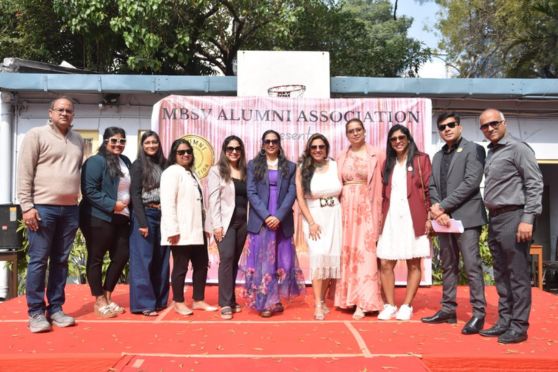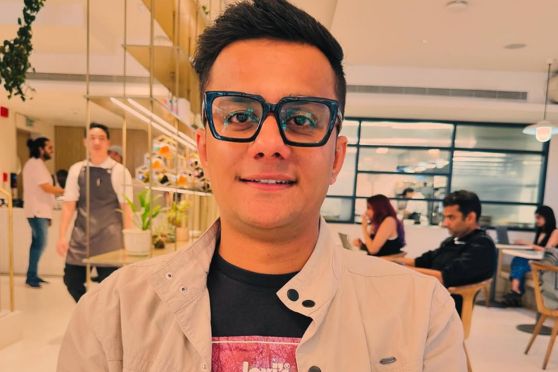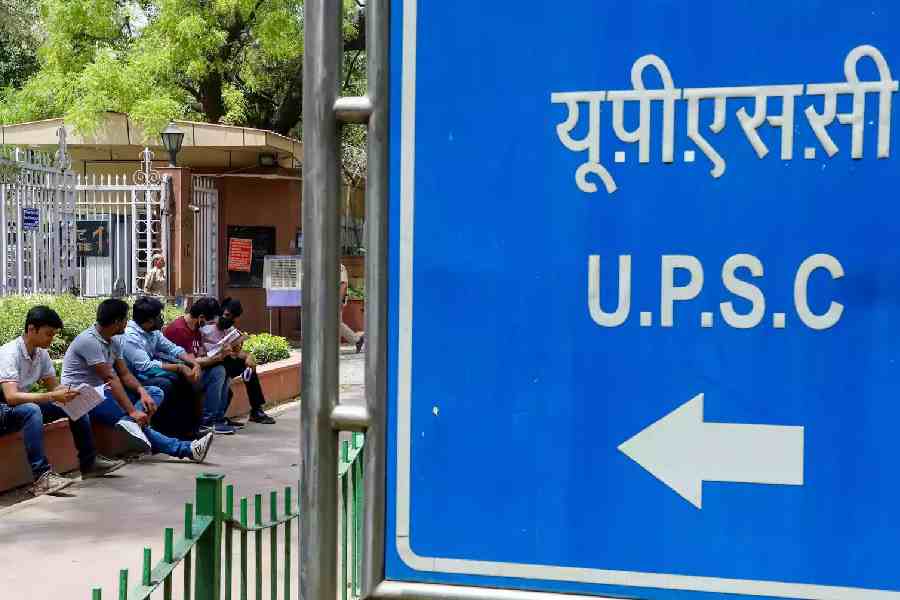Dogs and cats on and around Jadavpur University have found love and care from a bunch of students.
Four third-year students of Jadavpur University — Rusha Chowdhury and Promila Ghosh from the department of English and Somoshri Paladhi and Ankit Gandhi Das from the department of Comparative Literature — came together to form the Jadavpur University Animals Organisation (JUAO) in January 2020.
Camellia Paul and Shreemoyee Chakraborty, 2019 Comparative Literature post-graduates of Jadavpur University, earlier ran an organisation called JU Cats, which later expanded into a more holistic organisation. JUAO has more than 60 members, around of 20 of who are active volunteers.
Kabul, one of the dogs on the campus usually seen around the Green Zone area, was recently afflicted with muscle spasms after he met with an accident. He received prompt medical attention, thanks to JUAO, and is now being taken care of by the university guards.
“Kabul is recovering. Recently, we came to know about a dog on the campus who was malnourished. We arranged to supply funds to the guard and asked him to feed the dog regularly,” Ankit said.
The organisation collects funds through donation drives, visiting classrooms in person and now through social media. Canteen staff and those who stay in the quarters also help out the team.
The group kept track of the cats and dogs on the campus all through the pandemic.
A major challenge during the pandemic was to keep members motivated. The organisation went online, which helped them with adoption appeals. They could reach out to people and vice versa through their Facebook (Jadavpur University Animals Organization) and Instagram (@juaokolkata) profiles.
JUAO also runs an adoption drive. Posters are created and circulated to find pet parents. “We make sure the person adopting the animals is reliable. Mostly, students from the university adopt the animals or take their responsibility and so it becomes an easy process,” Rusha said.
With offline classes resuming, the organisation aims to gain more popularity among the new students.
“We will go to the classrooms and start collecting donations. We will also make students aware of the condition of our furry friends. Currently, we require medicines, food, and veterinary care. We are starting to document and number all the animals on and around our campus so that it is easier for us to keep track. We are also expanding our core committee so that we can work more efficiently. Meanwhile, our volunteers regularly feed the cats and dogs,” Somoshri said.










